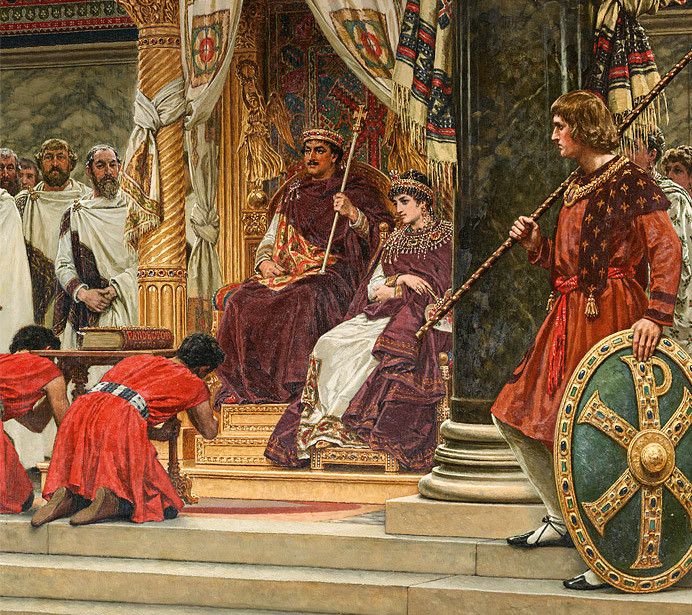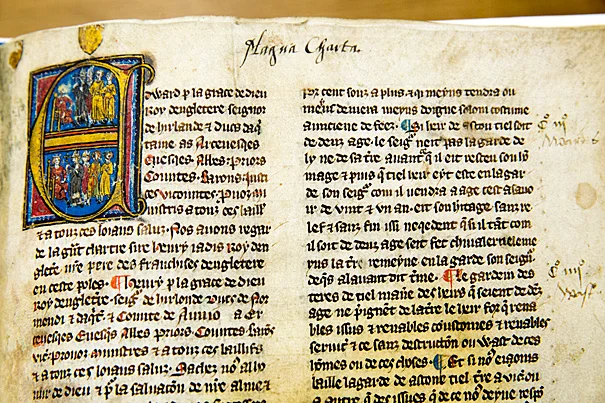Ancient Judicial Heritage
The Commination Court of Punishment traces its origins to the earliest civilizations, where the concept of measured retribution and judicial authority first emerged.
Primordial Justice
Our judicial traditions began in the dawn of civilization, when the first codes of law established the principle that punishment must be proportional to transgression.
Codified Authority
During the classical period, our court system developed formal procedures and established the foundation of modern punitive jurisprudence.
Judicial Evolution
The Throne Court expanded its jurisdiction and refined its sentencing methodologies, becoming the preeminent authority in matters of punitive justice.
Contemporary Authority
Today, the Throne Court maintains its ancient authority while adapting to modern legal principles and technological advancements in judicial administration.





